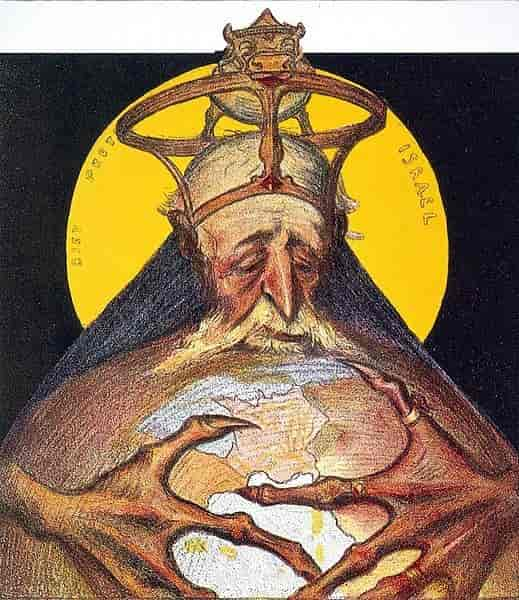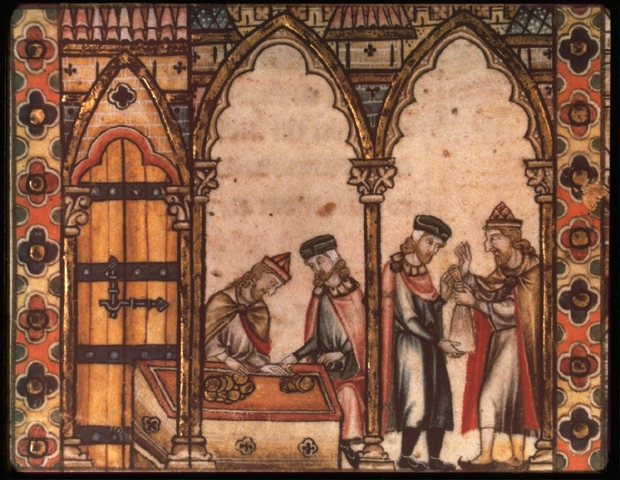This digital Repository is a compilation of selected examples of antisemitic narratives collected for educational purposes in the frames of the HANNAH project. Project partners from Germany, Greece, Poland, and Serbia identified the following categories: Old anti-Jewish stereotypes and myths, Far-Right extremism, Islamist extremism, Antisemitism and Israel, Holocaust denial and distortion, Antisemitism in traditional and online media, Contemporary conspiracy theories, Visual representation of Antisemitism, and Antisemitism specific for a particular country, and proposed examples of some of the antisemitic narratives typical for those categories.
It is important to emphasize that this Repository does not represent a collection of “all antisemitic narratives.” Still, the proposed examples show that antisemitism exists today in various European societies despite different historical and social circumstances. Some antisemitic narratives are similar, and some are more specific and local.
The Repository is an add-on that complements other HANNAH educational products in its current format. The Repository invites users to think about specific debunking responses to examples of various antisemitic narratives by proposing a range of possible activities. The idea is that users should focus on their local realities and think about the potential responses aimed to debunk and counter various forms of antisemitism.






 © 2022. This work is licensed under a
© 2022. This work is licensed under a